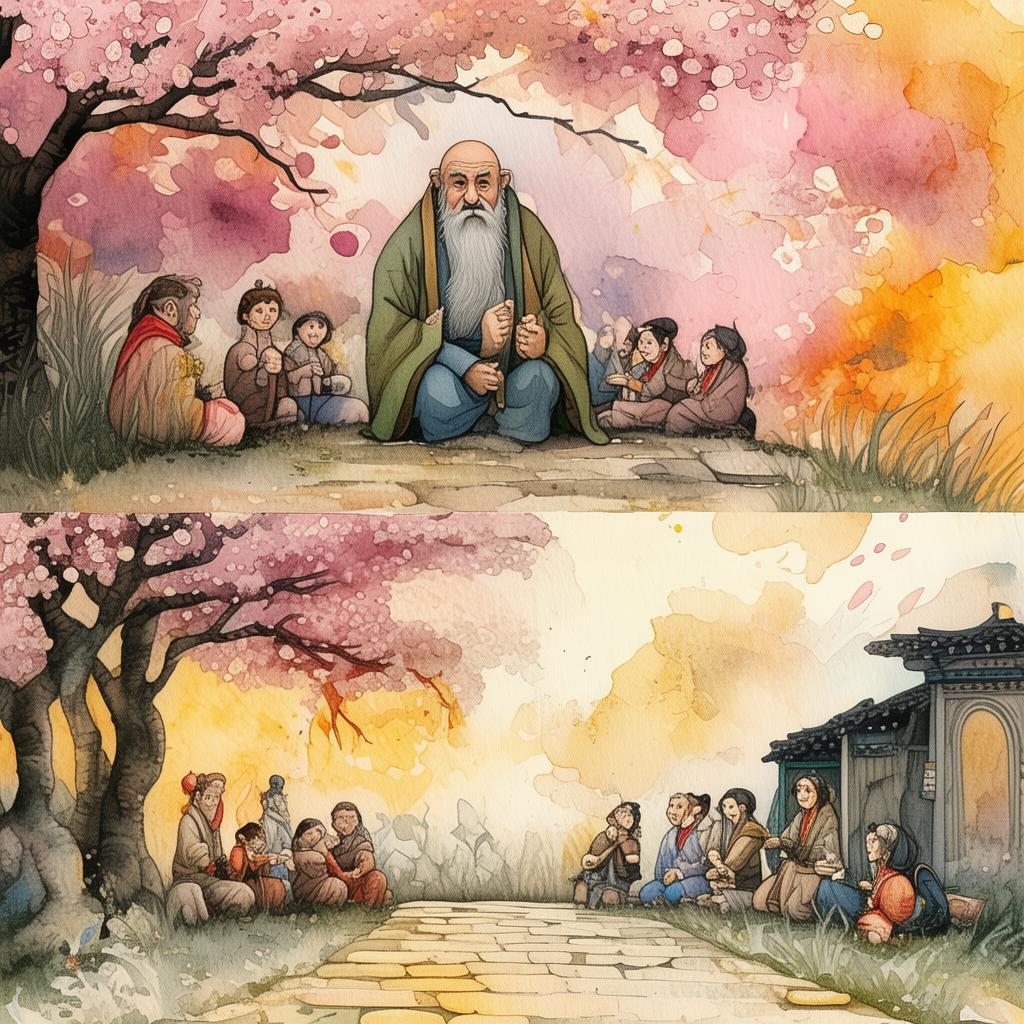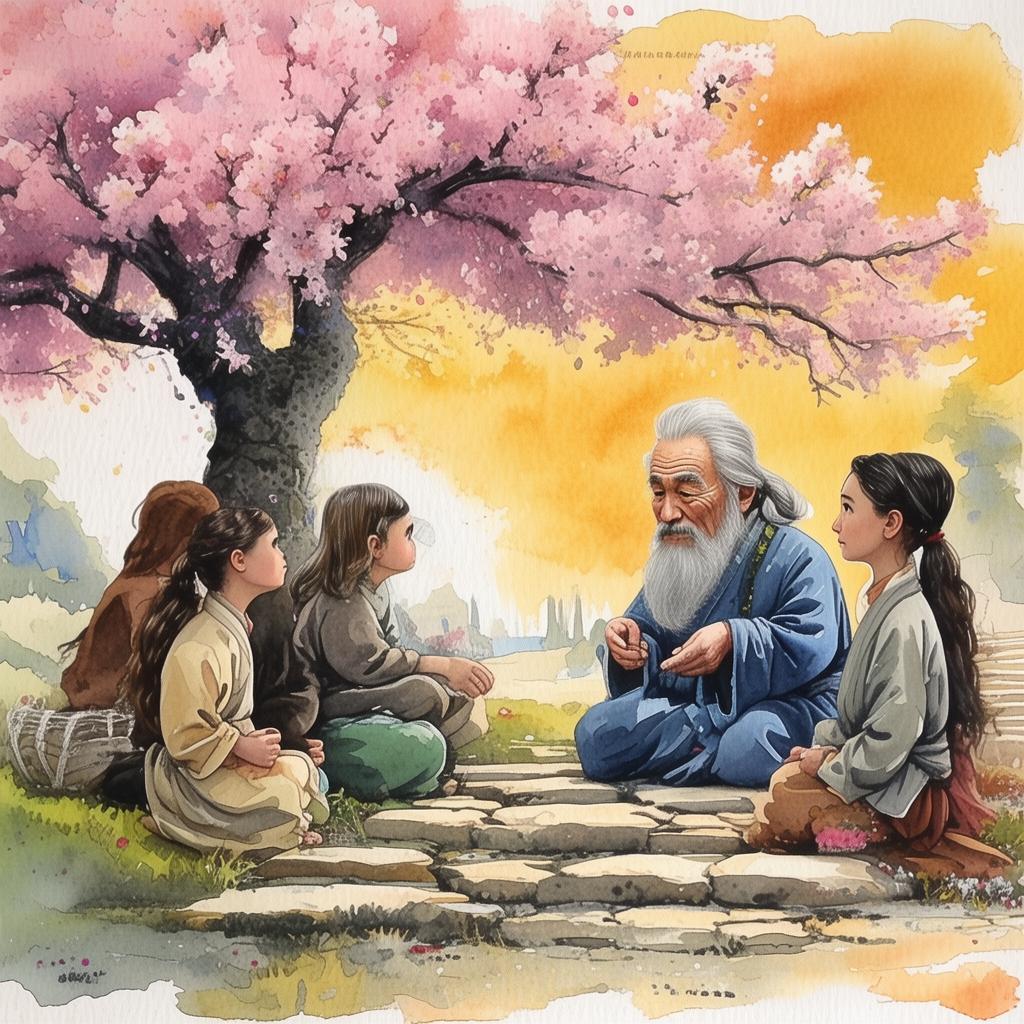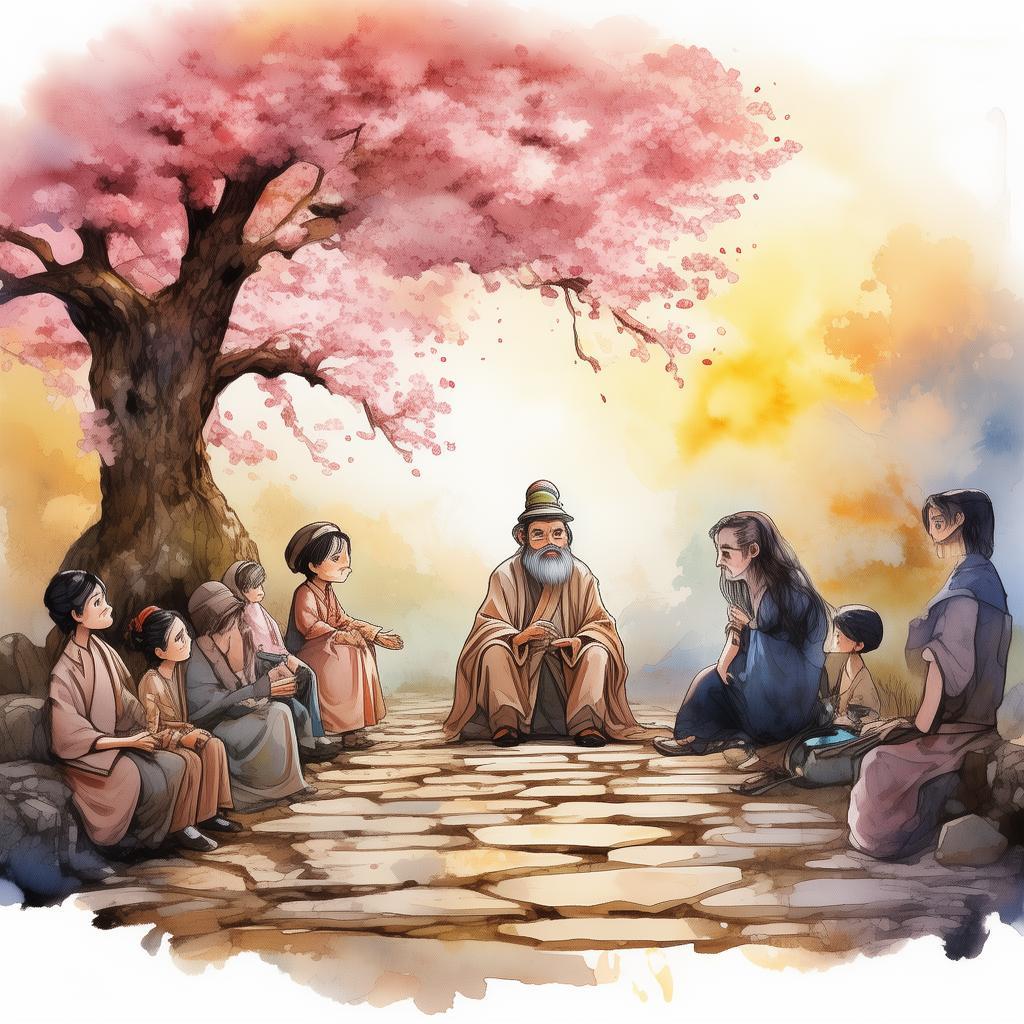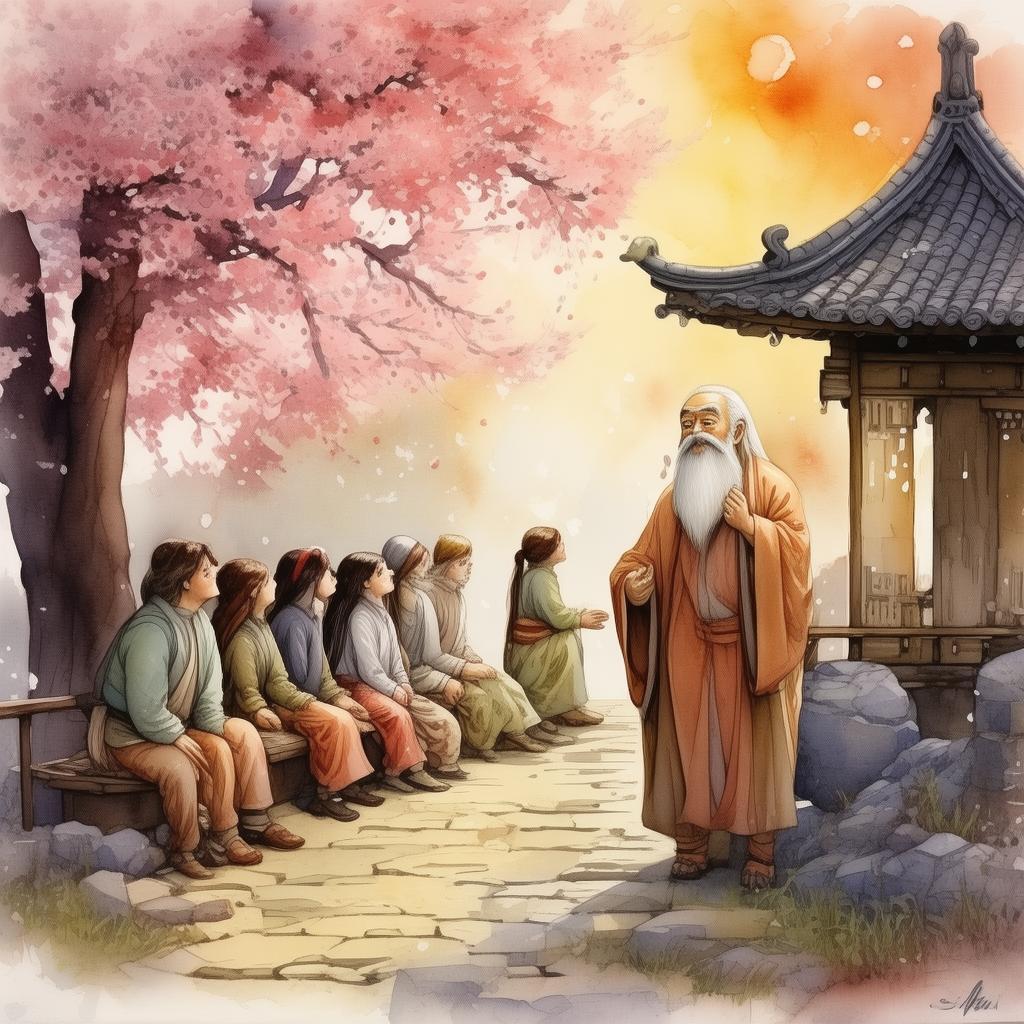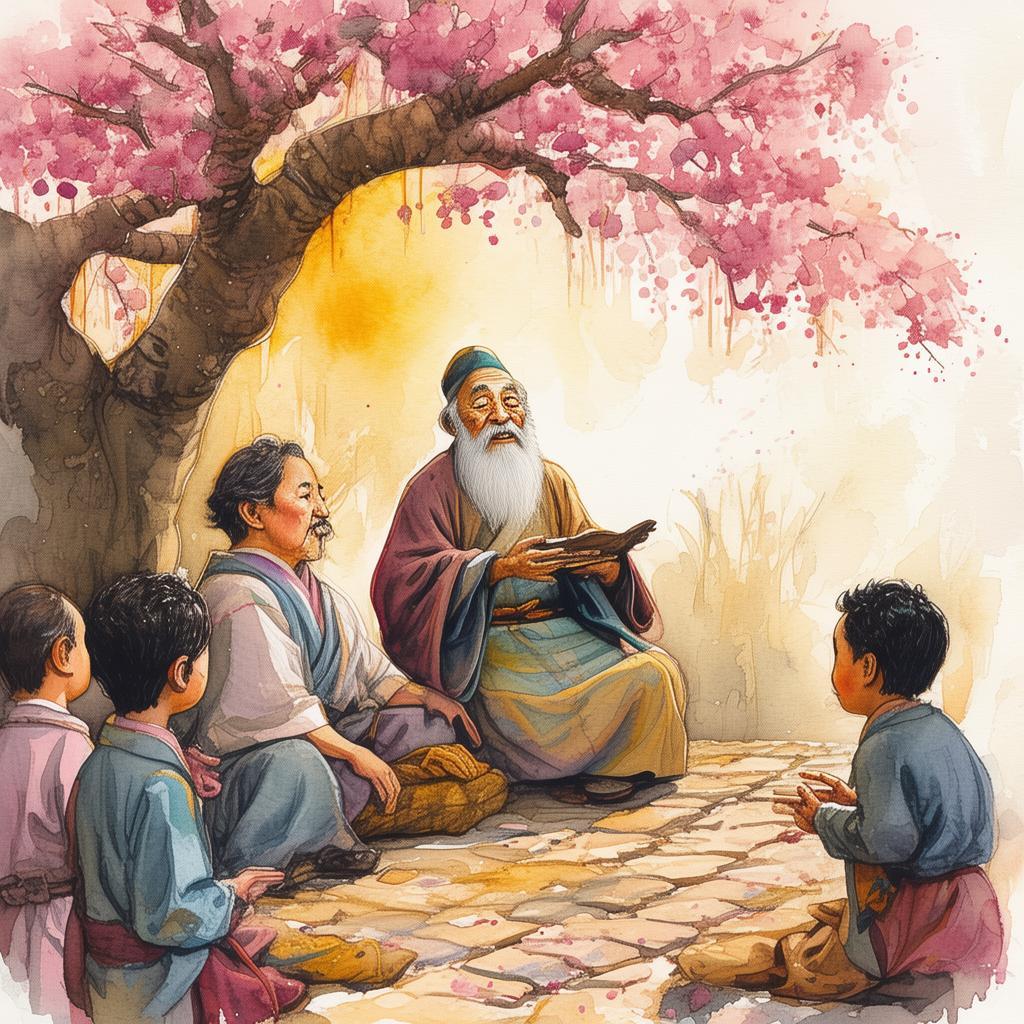The Silent Showdown: The Chess Match That Shattered the Peace
In the twilight of the 19th century, the world was on the cusp of a new era. The European powers vied for influence, and the balance of peace was as delicate as a chessboard. Among these powers was the mighty Ottoman Empire, whose grand vizier, Mustafa, was a master of strategy and diplomacy. His counterpart in the Austro-Hungarian Empire was Archduke Franz, a man of passion and a fervent chess enthusiast.
The two empires had been at odds for years, and tensions were high. A silent showdown was brewing, and it would be played out on the chessboard.
The match was set in the grand halls of the Ottoman Palace, a place of opulence and intrigue. The grand vizier, Mustafa, was a man of few words but great intellect. His opponent, Archduke Franz, was a man of action, whose bold moves often left his rivals in awe.
The opening of the match was tense. Mustafa moved his pawn with deliberate care, as if it were a step into the unknown. Franz, on the other hand, attacked with fervor, his pieces dancing across the board with a fervor that matched his personality.
As the game progressed, the atmosphere in the room grew thick with tension. The Ottoman sultan, watching from the shadows, knew that the outcome of this match could change the course of history. The grand vizier had been his closest advisor, and his loyalty was unwavering. But could he trust him to play the game of chess that would determine the fate of the empire?
The middle game saw a series of daring exchanges. Mustafa's pieces moved with precision, each move calculated to weaken Franz's position. Franz, however, was not one to back down. His bold moves were a testament to his courage and his belief in his own abilities.
As the game approached its climax, the room was filled with the sound of gasping breaths and murmured speculation. The sultan's eyes were fixed on the board, his face a mask of determination. The empire's fate hung in the balance.
Then, in a move that would become legendary, Mustafa played his queen. It was a move that defied logic, a move that seemed to defy the very rules of chess. Franz, taken aback, hesitated for a moment. But it was a moment too long, and the queen moved with the precision of a well-crafted plan.
The Austro-Hungarian archduke's eyes widened in shock as he realized that he had been outmaneuvered. The grand vizier's queen was now poised to deliver the decisive blow. Franz's pieces fell one by one, and the empire's fate was sealed.
The sultan stood up, his face a mix of relief and admiration. The grand vizier had played not just a game of chess, but a game of politics and power. His move had not only won the match but had also secured the Ottoman Empire's position in the world.

As the grand vizier bowed to his defeated opponent, the silence in the room was broken by the sound of applause. The Austro-Hungarian archduke rose to his feet, offering his hand in respect. "A brilliant game, grand vizier," he said, his voice filled with genuine admiration.
Mustafa smiled, a rare sight for those who knew him. "A game of peace, archduke," he replied. "And peace, after all, is the greatest victory."
The silent showdown had ended, but its echoes would be felt for generations to come. The chess match that changed the course of history had not only determined the fate of two empires but had also set the stage for the geopolitical conflicts that would define the 20th century.
✨ Original Statement ✨
All articles published on this website (including but not limited to text, images, videos, and other content) are original or authorized for reposting and are protected by relevant laws. Without the explicit written permission of this website, no individual or organization may copy, modify, repost, or use the content for commercial purposes.
If you need to quote or cooperate, please contact this site for authorization. We reserve the right to pursue legal responsibility for any unauthorized use.
Hereby declared.
